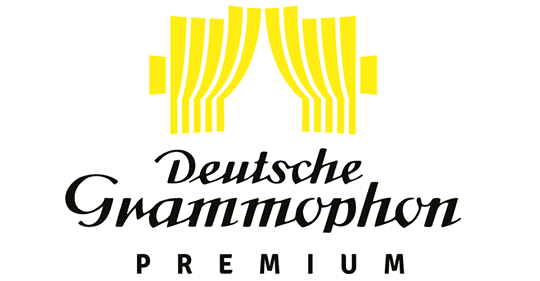DG goes in for genre bending
NewsDo not think of Deutsche Grammophon as exclusively classical.
It is doing its level best to blur the boundaries.
Here’s the blurb…
Deutsche Grammophon introduces the genre-defying Fragments. What happens when some of the most groundbreaking creative talents on the electronic music scene are invited to reimagine works by a pioneer from the past? This intriguing new series holds the answers. Fragments will spotlight the music of a single composer, issuing twelve reworks as e-singles over a period of months, culminating in a full album release. At the heart of the series is a dynamic dialogue between past and present, tradition and innovation, creation and re-creation.
Fragments begins by focusing on the music of eccentric French genius Erik Satie, forefather of modern minimalism and an enduring influence almost a century after his death. The Satie series kicks off in style with a rework by Berlin-based duo TWO LANES, known for music rich in both acoustic and electronic elements. Based on the same work from the composer’s Pièces froides (“Cold Pieces”), their “Danses de travers No. 2” launches the series.
“When we set out to find artists to work on Satie’s music, the idea was met with unanimous enthusiasm,” says Marc Fritsch, Director Special Projects at Deutsche Grammophon. “This has led to an original and eclectic collection of remixes and reworks. Fragments moves between different creative worlds – classical and electronic, online and offline, old and new. It brings together different artforms and gives musicians the opportunity to engage with timeless traditions of making music in ways that are sure to be surprising, stimulating and satisfying, just as Satie’s compositions were when they were new.”






Comments